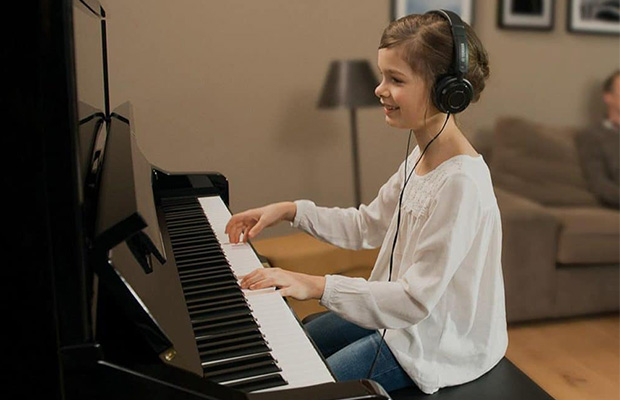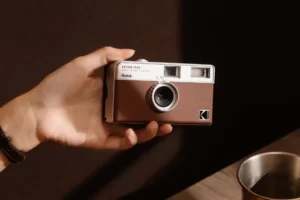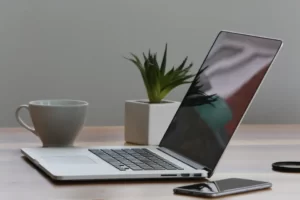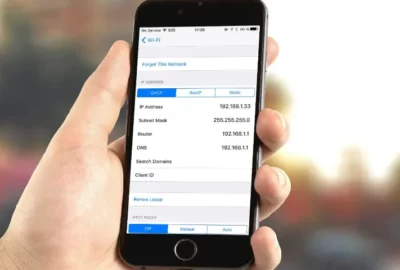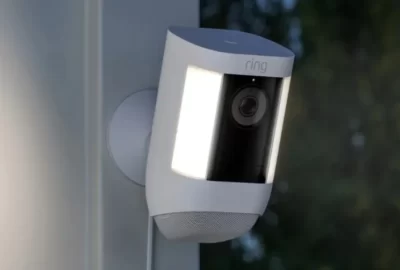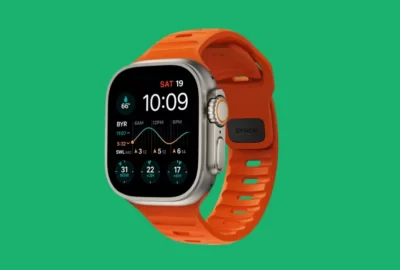12 Best Headphones For Piano 2022: Top Pick & Buying Guide
How many people here enjoy playing the piano? Have you recently purchased your first, second, or nth piano? You must own at least one digital piano, we are confident. It costs less, is more portable, and is generally lighter than analog models (although some are equally expensive). But do you also have earbuds for your piano?
On the market, there are numerous varieties of headphones, each with a unique function. The best headphones for piano will allow you to hear the slightest nuances and details of your performance that are almost impossible to hear through the keyboard’s built-in speakers.
The following list of the top 12 piano headphones to buy in 2022 was compiled after extensive testing of various headphones. Before reading the reviews, let’s take a look at some factors to keep in mind when shopping for piano headphones.
Best Headphones List For Piano
- 1. Audio-Technica ATH-M50x
- 2. Shure SRH440
- 3. Sony MDR-7506
- 4. Austrian Audio Hi-X15
- 5. Yamaha HPH-100
- 6. AKG K72
- 7. Roland RH-A7
- 8. Roland RH-5
- 9. Kawai SH-9
- 10. Beyerdynamic DT770 PRO
- 11. Yamaha RH1C Portable Headphones
- 12. Tunical Over-Ear Headphones
Best Headphones For Piano Review
1. Audio-Technica ATH-M50X
Best all-around studio headphones for your piano
Pros
- The pro’s choice
- Robust
- Excellent sound
Cons
- Quite heavy for long periods of use
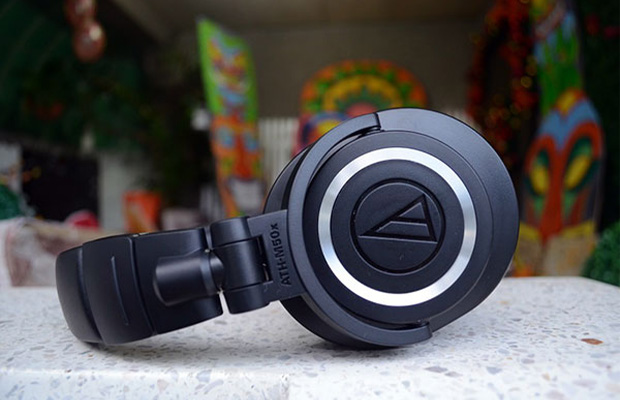
The venerable ATH-M50x studio headphones from Audio-Technica are a staple among audio professionals for good reason: they sound great, have a pleasingly warm sonic signature, are incredibly comfortable, long-lasting, and cost-effective.
It comes as no surprise, then, that these industry giants are a perfect match for your digital piano, reproducing concert hall reverbs, sparkling highs, and fulsome low-end resonances with ease.
Although far from the cheapest cans on the list, a pair of these will more than return your investment in the long term, providing a personal piano partner to keep you inspired and practicing long into the future.
2. Shure SRH440
Solid cans that Shure do work well with your piano
Pros
- Detachable coiled cable
- Robust construction
- Accurate sound
Cons
- The supplied coiled cable is a bit heavy
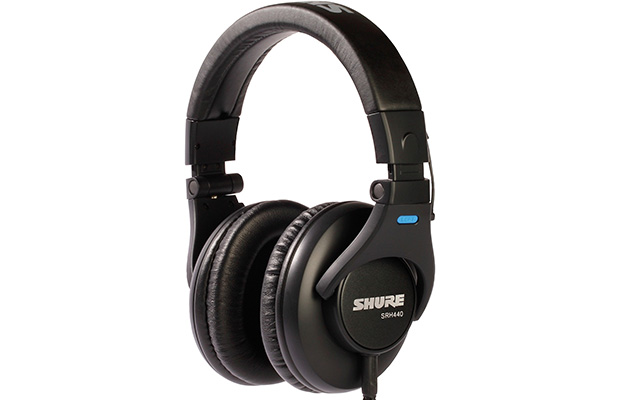
Shure’s mid-priced SRH440 closed-back headphone has been optimized for performance with professional audio devices, including your digital piano, and ticks all the boxes on the checklist of features you’d expect from a set of studio-quality cans.
These include a precise response across a wide frequency range, an adjustable padded headband for comfort, a collapsible design for portability, and a locking, coiled detachable cable for simple replacement and unrestricted movement while playing.
For aspiring pianists, this list, along with Shure’s renowned sturdy construction, makes for a fantastic package.
3. Sony MMR-7506
Best professional’s choice is a superb all-rounder
Pros
- Durable workhorse cans
- Comfortable for longer wear
- Revealing sound
Cons
- The long coiled cable is quite heavy
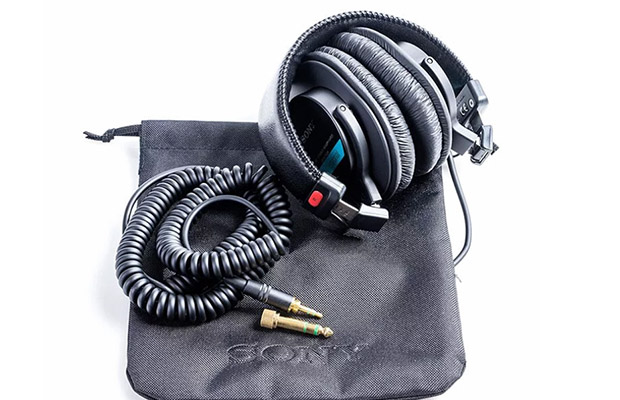
The Sony MDR series has been around for a while and has a strong studio pedigree, which is supported by decades of continuous use in the recording and broadcast sectors worldwide. The MDR-7506’s current incarnation is an excellent blend of comfort, usefulness, and value.
These are made to be extremely comfortable to wear for extended periods of time and are intended to reveal details other cans might miss. The sound is punchy and clear across the spectrum (with a slight boost in the upper mids), and is comparable to headphones that cost two times as much while still managing to avoid being overly flattering.
In light of this, these pro-recommended cans are definitely worth taking into account if you want an accurate representation of the sound of your piano, complete with all subtle resonances and reverb detail revealed.
4. Austrian Audio Hi-x15
A versatile choice for newcomers to Austrian Audio
Pros
- Good value
- Great build quality
- Great sound
Cons
- The cable is a bit short
The recently released Hi-X15 and Hi-X25BT, two new inexpensive studio-focused models from Austrian Audio, a startup company founded by an ex-AKG employee, demonstrate the company’s impressive progress in the headphone market. For use with your digital piano, we recommend the less expensive Hi-X15 out of the two.
With sturdy, all-metal hinges and plush, slow-retention memory foam earpads, the build quality is exceptional for the price and features the company’s High Excursion Driver Technology. The cable is detachable, and therefore replaceable should the need arise, although we did find it a little on the short side at just 1.4m
All the nuances and resonances in the tone of your piano are revealed by the neutral yet nuanced sound. Not just a great choice for your piano, the Hi-X15 are versatile and durable enough to act as a great pair of studio headphones too and will cope easily with anything your studio cares to throw their way.
5. Yamaha HPH-100
Best headphones for your Yamaha digital piano
Pros
- Lightweight
- Optimized for Yamaha pianos
- Good bass response
Cons
- No padding on the headband
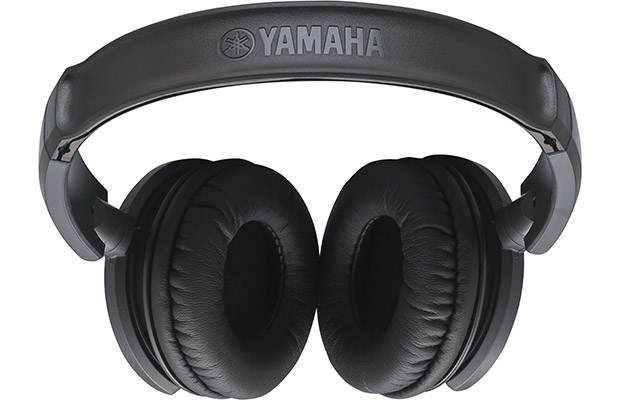
For many years, both acoustic and, more recently, digital pianos have been associated with Japanese industry giant Yamaha. It’s no surprise, then, to discover that they also manufacture a range of headphones to accessorize their comprehensive range of digital instruments, designed to be the perfect match for your Yamaha keyboard or piano.
The compact, closed-back HPH-100s are ideal for performing on digital instruments because they deliver a balanced bass and treble response that is right in the middle of the range. If you own a Yamaha piano, these are a great option because they are lightweight (only 148g) and have swiveling earcups.
They were made to accurately reproduce piano sounds from any source, so their use is obviously not restricted to only Yamaha instruments. The HPH-100s are unquestionably worth a look if you do have a Yamaha piano, though.
6. AKG K72
You can’t go wrong with AKG
Pros
- Great pedigree
- Lightweight
- Self-adjusting headband
Cons
- Rather bulky
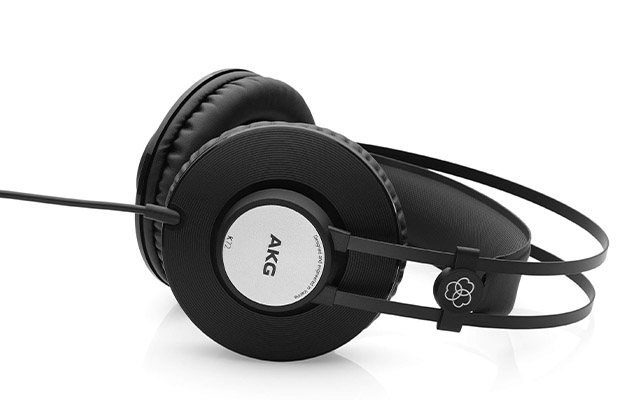
When a business has the kind of heritage that AKG does, you can be sure that any product bearing its name won’t let you down. One excellent example of this is the affordably priced AKG K72 speakers.
The closed-back design’s professional-grade 40mm drivers produce an authoritative low-frequency response, and the high-frequency response’s finely tuned yet precisely balanced response brings out every subtlety of your piano playing. This is partially attributable to a new acoustic chamber that has been added between the earcup and the headband hinge.
In the meantime, AKG’s renowned self-adjusting headband design, permeable earpads, and lightweight construction combine to create a comfortable playing experience that, for the price, delivers a significant punch.
7. Roland RH-A7
Best open-back option for digital pianos
Pros
- Roland pedigree
- Lightweight and comfy
- Natural sound
Cons
- A small degree of spill
Since they allow air to pass through the back of the headphone’s casing and prevent a buildup of pressure that could potentially compromise the low end, open-back headphones are frequently thought to have a more natural, open sound than their closed-back counterparts.
The open-back RH-A7 from Roland makes the most of this phenomenon by revealing the personality of your digital piano in effortless depth and detail with a superbly wide soundstage. These are lightweight and strong, and they produce a well-balanced, natural sound. The luxurious suede earpads complete the experience.
As long as you don’t mind the slight amount of sound leakage inherent with open-back designs, the open-back design also makes it possible for you to hear your teacher’s suggestions in between takes.
8. Roland RH-5
Entry-level branded headphones for your Roland piano
Pros
- Perfect match for Roland pianos
- Lightweight
- Cheap as chips
Cons
- A little plasticky
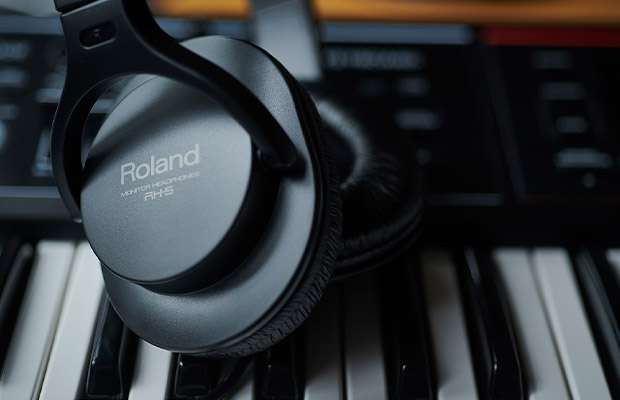
Roland, one of the largest producers of digital pianos, also creates a wide variety of headphones to go with them. As the competitively priced, entry-level model in the RH range, the RH-5 is equipped with 40mm drivers specially designed to deliver a dynamic and balanced tone from beginner digital pianos upwards, plus synths and electronic drum sets.
If you own a Roland piano and aren’t eager to spend a lot of money on headphones but still want the assurance of having a big-name brand on the side of those padded earcups, the RH-5 should be near the top of your list. It combines high-quality sound, a comfortable fit, and an eyebrow-raising bargain-basement price.
9. Kawai SH-9
Best option for Kawai digital pianos
Pros
- Developed with Audio-Technica
- Semi-open design
- Perfect match for Kawai pianos
Cons
- Not the lightest pair on this list
The SH-9 headphones from Kawai are somewhat unique in that they were created as a result of a partnership between a reputable piano manufacturer and a professional audio company to create a product specifically for use with digital pianos. In order to create a dedicated set of headphones that are specifically optimized for the reproduction of digital piano sounds, piano masters Kawai has teamed up with fellow industry giants Audio-Technica.
It’s not a huge stretch to imagine that these should function equally well with the majority of other brands and models of digital pianos on the market, despite being originally designed for use with Kawai’s ATX3 & Aures piano models. The SH-9 is a cozy option with a roomy soundstage for prolonged practice sessions thanks to its semi-open back design and generous padding.
10. Beyerdynamic DT770 PRO
Best studio headphones that translate brilliantly for pianists
Pros
- Superb sound quality
- Well built
- Great low-end detail
Cons
- Non-folding design isn’t for everyone
The DT770 Pro is a standout model that is easily capable of competing with the Audio Technica ATH-M50x when it comes to its status among studio cognoscenti. Beyerdynamic is another well-known household name in pro audio, and their current headphone range is enormous.
They are the perfect complement to any digital piano because they are exceptionally well-balanced throughout the audible spectrum and incredibly comfortable thanks to the soft, velour-padded ear cups, which allow them to be worn for extended periods of time without discomfort.
Although the DT770 Pro is available in a number of models with varying impedance, we advise choosing the 32Ω model for use with your digital piano. This is not only the option that most closely matches the output of the headphone amplifier on your piano, but it is also the most flexible in case you want to use your headphones for other studio-related activities.
11. Yamaha RH1C Portable Headphones
Best Portable Piano Headphones
Pros
- Lightweight and portable
- Has a 1/8-inch plug and a ¼-inch adapter
- The frequency range of 20 Hz to 20 kHz
- Good value for the price
- Punchy bass and clean highs
- Excellent sound quality
- The sound feels like it is coming straight from the piano
Cons
- Noise isolation could have been better
The open-back, budget-friendly Yamaha RH1C Portable Headphones are the best portable headphones for a digital piano. This is a good option for musicians because they produce accurate sound.
First, we tested the headphones with various musical instruments and discovered that they are effective with guitars, keyboards, and pianos. Although some sound bleed occurs with open-back headphones, the sound they produce is unaffected.
The frequency range also lives up to its reputation. We could hear the distinct highs without any sharpening or shrillness, and we could feel the kick of the lower frequencies. Even though the headphones don’t have the additional depth, they are more accurate than Audio Technica’s.
12. Tunical Over-Ear Headphones
Best comfortable piano headphones
Pros
- More natural sound
- Accurate sound and frequency response
- Removable ear cups
- Versatile adapter
- Two detachable cables
- Extremely comfortable for continuous use
- Added comfort with circumaural design
- Good noise isolation
- Replaceable earpads
Cons
- Volume is a little low compared to other piano headphones on our list
The coziest headphones for a digital piano that are also reasonably priced are the Tunical Over-Ear Headphones. The high-end construction was a welcome surprise. Additionally, these headphones provide next-level comfort. We did not experience any sweating issues thanks to the ear cups’ excellent cushioning. The headband can be adjusted and is lightweight. Overall, we found these piano headphones to be really comfortable to wear for extended periods of time.
First off, despite looking like entry-level models, these headphones are simple for audio professionals to use. With these headphones, we experienced a series of pleasant surprises. The ritual of unboxing was enjoyable. After they had a chance to break in, we adored the high-quality sound they produced.
The headphones are also portable. To protect the headphones, the leather pouch is strong enough. Without a doubt, we used these while rehearsing on the bus. Just to see how the headphones feel, we tried both the straight and coiled cables. We are obviously very happy with the outcomes.
Factors To Consider When Buying Piano Headphones
Open-back Vs. Closed-back
Closed-back headphones may be a better option when listening to pianos. These models have sealed cups and a sturdy outer shell to stop sound leakage. The closed-back models are better at noise isolation and blocking ambient noise, which is crucial. Open-back headphones are preferable if you care more about the sound staging and how natural the music sounds.
Wireless Vs. Wired
Probably equipped with Bluetooth connectivity is your most recent digital piano. Bluetooth headphones with your piano sound really cool, don’t you think? However, we advise choosing a pair of wired headphones to stick with tradition.
Lags and poorer sound quality are possible effects of using Bluetooth. The use of wired headphones is simpler and there is no latency. Since you must sit close to the piano in order to play it, the wired model shouldn’t impede your mobility.
Cable Length
Since we’ve already determined that wired headphones are preferable, all we need to do is make sure the cable is long enough to allow for unrestricted hand movement. In this manner, the cable can be placed to the side while you practice the digital piano.
Frequency Response
You should be able to hear every note you play on the piano by using headphones with a wide frequency range. Better headphones are those with a wider operating range. However, how well the headphones handle various frequencies determines the actual sound quality.
Bass headphones, for instance, prioritize low-frequency sounds. Most models produce a decent midrange sound. In some models, the treble or high frequencies sound better. To produce sound consistently across the entire range, you need piano headphones.
Impendence And Sensitivity
The importance of the headphones and the digital piano must be taken into account. Although it’s not always possible to match the impendence exactly, try to get them as close as you can for the best sound output. Digital pianos can operate at about 32 &Omega.
Design, Fitting, And Comfort
On-the-head comfort and fit are greatly influenced by the headphones’ design. Lightweight, sturdy, and comfortable to wear for extended periods of time would be the characteristics of the ideal piano headphones. The ear padding is necessary to reduce sound bleeding and stop the ears from overheating. A self-adjusting headband would be ideal, too.
Headphones Vs. Earbuds
So, should you pick in-ear or headphone earbuds? We would definitely choose headphones. These rest on or over the ears, as opposed to earbuds, which are inserted into the ear canal. Due to their size and surface area, headphones offer greater sound isolation and a wider sound stage. Additionally, even after hours of continuous use, high-quality headphones don’t hurt your ears.
Durability, Budget, And Warranty
Except if you don’t mind spending money on new headphones occasionally, durability is a non-negotiable factor. The headphones for the piano must be reliable and strong. The construction must be at least respectable and preferably premium.
The budget will undoubtedly always be a concern. You can easily find high-quality headphones in all price ranges because of consumer demand and fierce brand competition.
Inquire lastly about the headphones’ warranty from the manufacturer. A warranty of at least a year indicates that the headphones will last at least that long.
FAQs About Piano Headphones
Do pianos have headphone jacks?
A headphone jack for connecting headphones is present on the majority of digital pianos today. Typically, this feature is absent from acoustic piano.
How are headphones connected to a digital piano?
You simply need to insert the pin into the headphone jack when using wired headphones. Most of the time, you don’t need to use an adapter. The piano slot designated for the connection should perfectly fit the jack.
Can you play the piano while wearing gaming headphones?
Yes, but pianos should not be used with gaming headphones. Gaming headphones do not provide the balanced audio profile needed for pianos.
How can Bluetooth earbuds be connected to a digital piano?
On the digital piano, press the headphone button and watch for the LED light to appear to enable wireless Bluetooth connectivity. In order to connect the headphones to the piano, press the pairing button next. The package of wireless headphones will come with thorough instructions.
Final Words
One of the best accessories you can have for your piano is a pair of headphones. Headphones are useful if you live in a small space, have family or roommates you don’t want to disturb, or just want to change things up.
We hope you have the knowledge you need to purchase reliable piano headphone that meets your needs. If you ask us to choose one pair, we would recommend Sony MDR-7506 headphones, which has closed-back design and low cost.
However, we advise you to take your time to consider all of your options and pick the headphones that best suit your needs. Connect the headphones to your piano and play uninterrupted for however long you like. No one will hear the piano.

